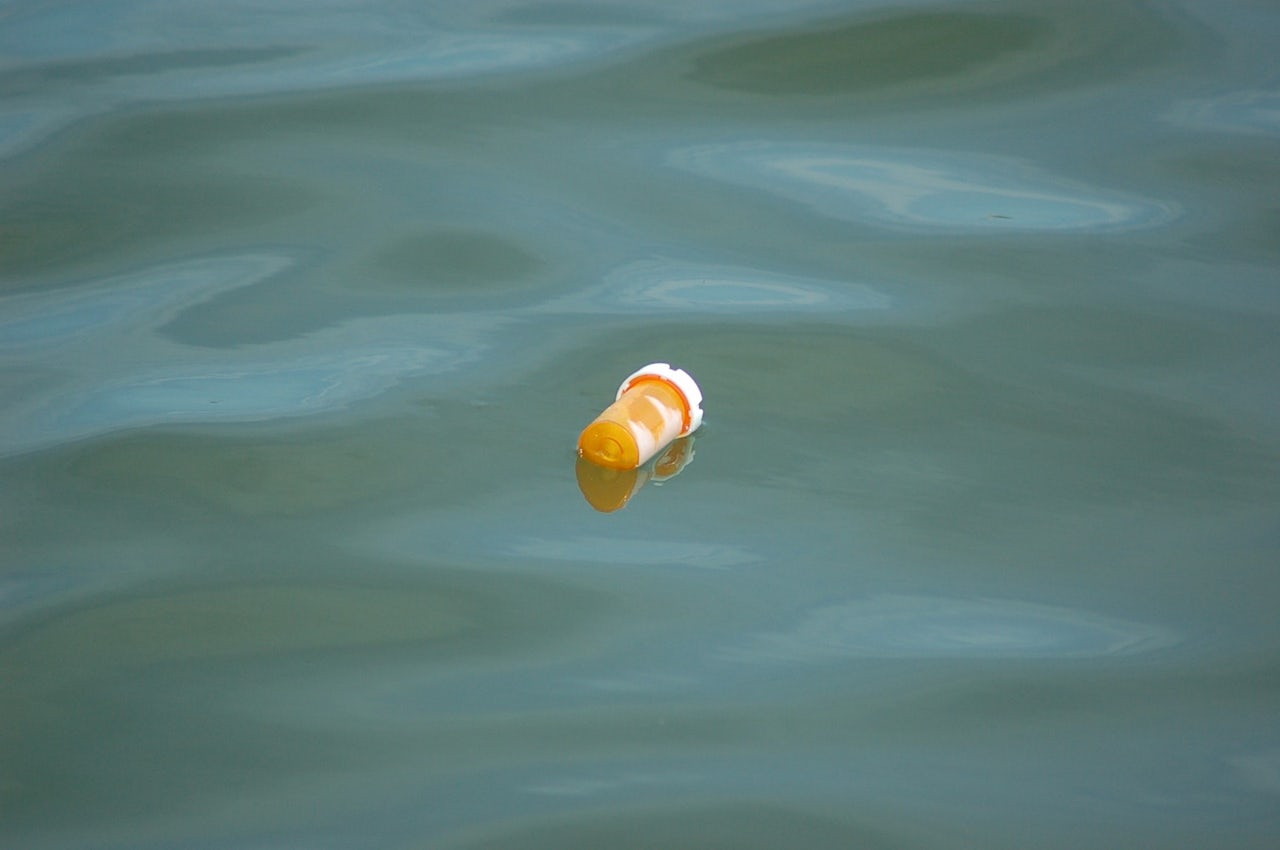The U.S. healthcare system could be wasting billions of dollars of prescription drugs that are still good, according to an investigation by ProPublica that is part of a series on medical waste. Efforts to reform the expiration system have fallen flat.
The expiration date on the label is supposed to be the period during which the FDA and drug maker guarantee the drug’s safety and effectiveness. The date is provided to the FDA by the drug maker, however, which has no incentive to guarantee a long shelf life. “It’s an open secret among medical professionals that many drugs maintain their ability to combat ailments well after their labels say they don’t,” the story says.
The waste is even more egregious considering that the FDA has extended the official shelf life for drugs that are part of the federal government’s emergency stockpiles, but hasn’t expanded this program to drugs available to the public.
Efforts to reform expiration date regulation have fallen flat, and the FDA told ProPublica that it ��does not have a position” on the subject.
“It’s a shame to throw away good drugs,” said Ajaz Hussain, who runs a university group that works to reduce pharma costs.
